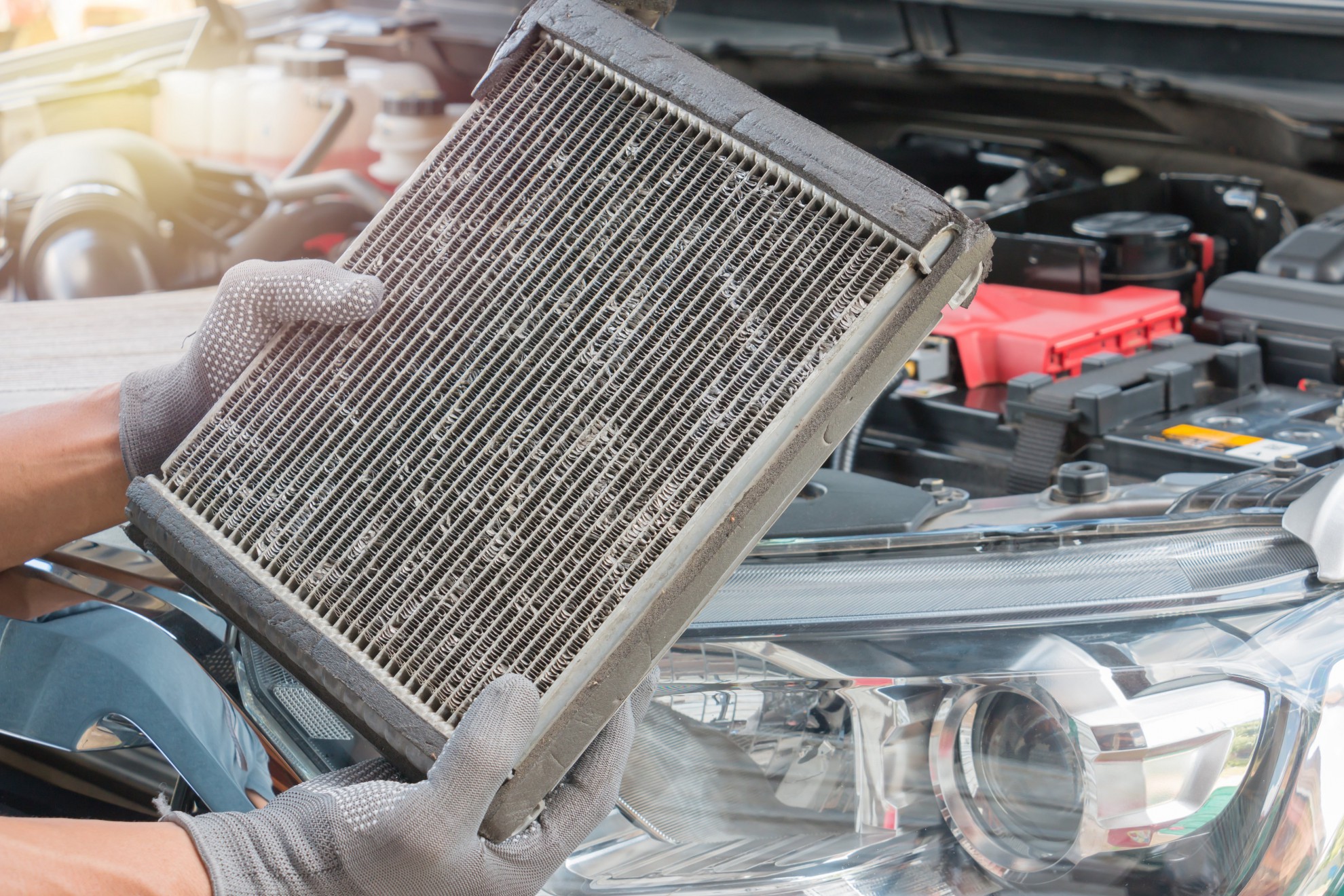
Is it possible to drive a car with a blocked heater core?
Although
you may be able to drive with a blocked heater core, do not do so since it
might cause engine overheating and damage engine components. A blocked heater
core might restrict coolant circulation, causing the engine to overheat.
In
any case, keep an eye on the temperature monitor if you decide to drive with a
blocked heater core.
You
can also choose to skip the heater core but be sure to research the
consequences of doing so beforehand.
What Causes a Clogged or Faulty Heater Core?
A
blocked heater core can be caused by a number of factors. While their causes
may differ, they all point to the same problem, which must be resolved in order
for the heater core to function properly again.
Check MOT history with car servicing and repair garage to make sure
you have enough time to get this problem rectified. The justification for this
is because if a driver's sight is poor, it might result in a MOT test failure.
The
following are some of the most typical reasons of a faulty heater core:
1. Scale/Rust build-up
Corrosion and rust
cause the cooling system to lose efficiency. In any event, if there is
scale/rust build-up within the system unit, heater exchangers suffer more and
the heater core is no exception. The use of coolant in the radiator for an
extended period of time causes rust to form.
2. Faulty thermostat
A defective thermostat
may not choke the heater core, but it will prevent warm air from being
released. When you start a car, the thermostat stays closed until the engine
reaches a comfortable operating temperature. The thermostat opens as the engine
heats up, allowing cold coolant from the radiator to circulate to the engine
and the heater core. If you don't have a thermostat or it's jammed open, the
engine won't be able to reach a safe operating temperature. In place of warm
air, the heater will put in lukewarm or chilly air.
3. Coolant/oil mixing
When oil and coolant
combine, sludge, sometimes known as rust, forms in the cooling system. The
coolant circulates the sludge to different sections of the cooling system
components, including the heater core, as it travels via the coolant hoses and
pipes. As the circulation continues, system components will get clogged. This
obstructs or slows coolant flow via the heater core.
The
most prevalent cause of oil in coolant and coolant in the oil is as follows.
Using
leak-stopping products - There are a variety of coolant leak stopper products
on the market that claim to remedy coolant leaks without the need to raise a
finger. These products, of course, deliver on their promises, but they also
have side effects. These substances can block the cooling system's components.
Furthermore, the heater core has no control over it. When you use more than the
suggested amount, this happens. It can also block the radiator.
Is it possible for a blocked heater core to cause overheating?
According
to reports, a blocked heater core might cause engine overheating. Did you get
what I meant about a little proclivity? This implies that, in most
circumstances, it will not cause engine overheating, but it may impair the
cooling system in other cases. When your engine overheats, you should
investigate a number of additional variables. It's preferable to flush the
heater core if you have a blocked heater core and your engine temperature is
running high.
As
a result of this, your vehicle could possibly fail the next MOT test, so it is recommended
to check MOT status of your vehicle and fix this issue as soon as
possible. If you want to dig a bit deeper, you can complete a MOT history check online to see if the heater core was a reason for failure in the
past.
To
do this you may need to refer to the work completed with each MOT failure in
the past which is connected to an overheating issue or due to visibility for
driver issue.
Is it possible to clear the heater core with a radiator flush?
The
radiator and the heater core are two separate components with comparable but
distinct functions. Yes, they're both parts of a cooling system, and the same
coolant runs through both.
Flushing
a radiator can help prevent rust from forming in the heater core. Flushing a
heater core with a garden hose is the most efficient technique to unclog it.